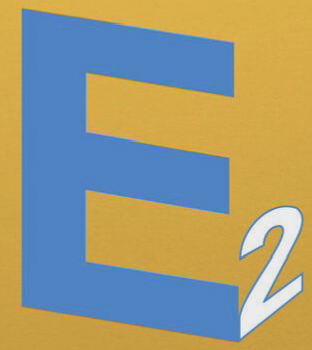Private Educational Testing vs. Public School Based
This month’s EEG Facebook Discussion is all about neuropsychological and psychoeducational testing. So we thought it fitting to devote our monthly blog to a deeper discussion of whether it is better to pay for a private psychoeducational evaluation or request a free evaluation through your public school district. Spoiler alert: there are pros and cons to both methods.
What Does the Law Say?
Under IDEA, school districts are mandated to evaluate students ages 3-21 who are suspected of having a disability to determine their eligibility for special education services. This is true whether the child attends public school or is enrolled in private school. If the request is coming from the parent (which is typically the case, although an educator may also be the one to make the initial referral), the request needs to be in writing in order to start IDEA timelines. CHADD has a helpful template for a letter requesting an evaluation through the public school: https://chadd.org/for-parents/requesting-an-evaluation-in-public-schools/
A school may also decide that the student does not need to be evaluated, but they will need to document their reasoning and that decision can be appealed.
What are the Advantages of Using the Public School?
It’s free. Since a typical psychoeducational evaluation (in the D.C. metro area) can cost around $3000, this may make a substantial difference for some families.
It must be completed within a mandated timeline. Once the letter is received, the school will typically complete assessments within 60 days, although the timeline varies from state to state. Virginia, for example, has 65 business days to complete the assessment. By contrast, there may be a waiting list several months long to get a private evaluation.
If your child attends public school, the district may be more likely to agree on recommended special education services if they are relying on their own evaluation. IDEA states that school districts must “consider” outside evaluations, but does not compel them to agree with the findings. Oftentimes schools will conduct additional assessments to supplement private testing provided by the parents.
What are the Advantages of Private Evaluations?
A private evaluation will be conducted by a PhD level psychologist or neuropsychologist. A school evaluation will typically be conducted by a Master’s level school psychologist. As such, a private psychoeducational evaluation, and certainly a neuropsychological evaluation, will typically provide more in-depth analysis and evaluation to better understand the child’s learning profile.
A private evaluation will provide a diagnosis. While a private evaluation will provide a diagnosis per the DSM-5, schools will be looking at educational impact and will stop short of providing a diagnosis. This is a frequent issue when evaluating a child for dyslexia, for example, which schools are reticent to label (often substituting a Specific Learning Disability in the area of reading)
It can be advantageous to have an evaluation from an outside party. IDEA specifies that evaluations performed by the school district be unbiased, yet there are times when there has been a deterioration of trust between the school and the family. In these instances it can be difficult for families to objectively hear what the school is telling them, whereas a private evaluator is typically not involved in the daily back and forth between the family and their school.
When a child is struggling, the best way to find answers is through psychoeducational or neuropsychological testing. Whether that evaluation is conducted privately or through your public school district is a decision that deserves careful consideration.
